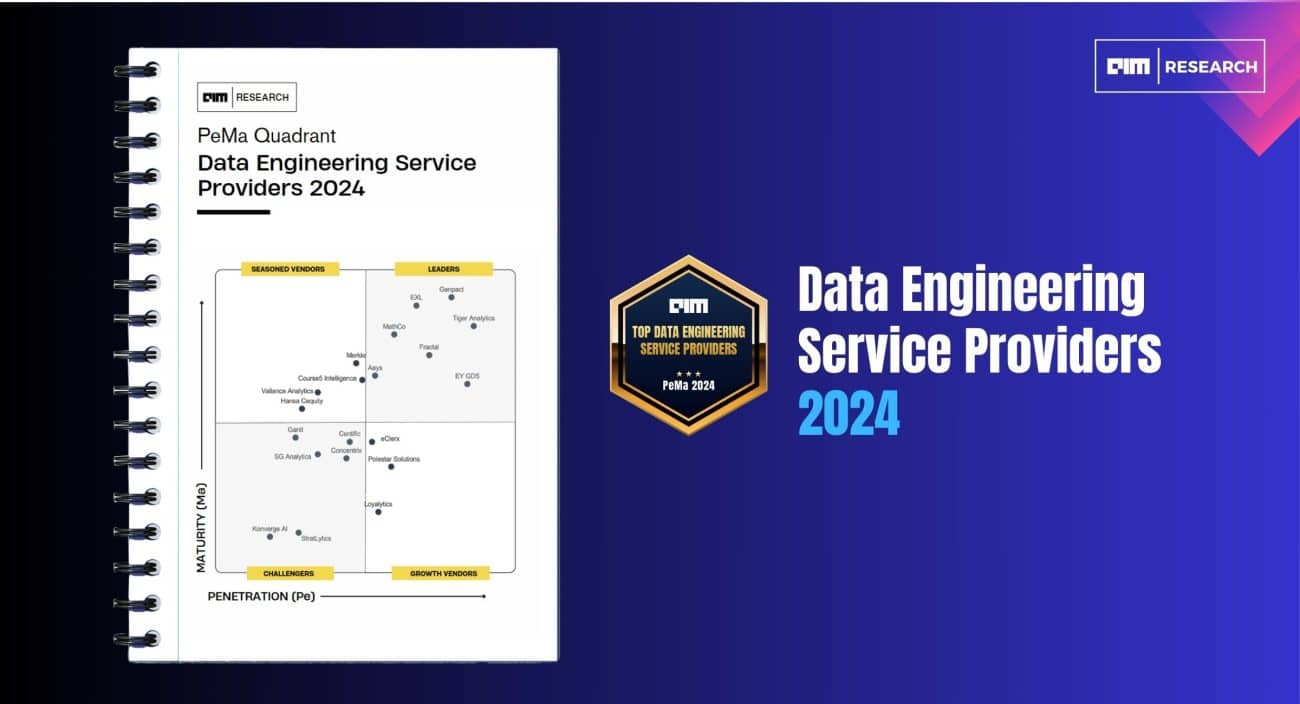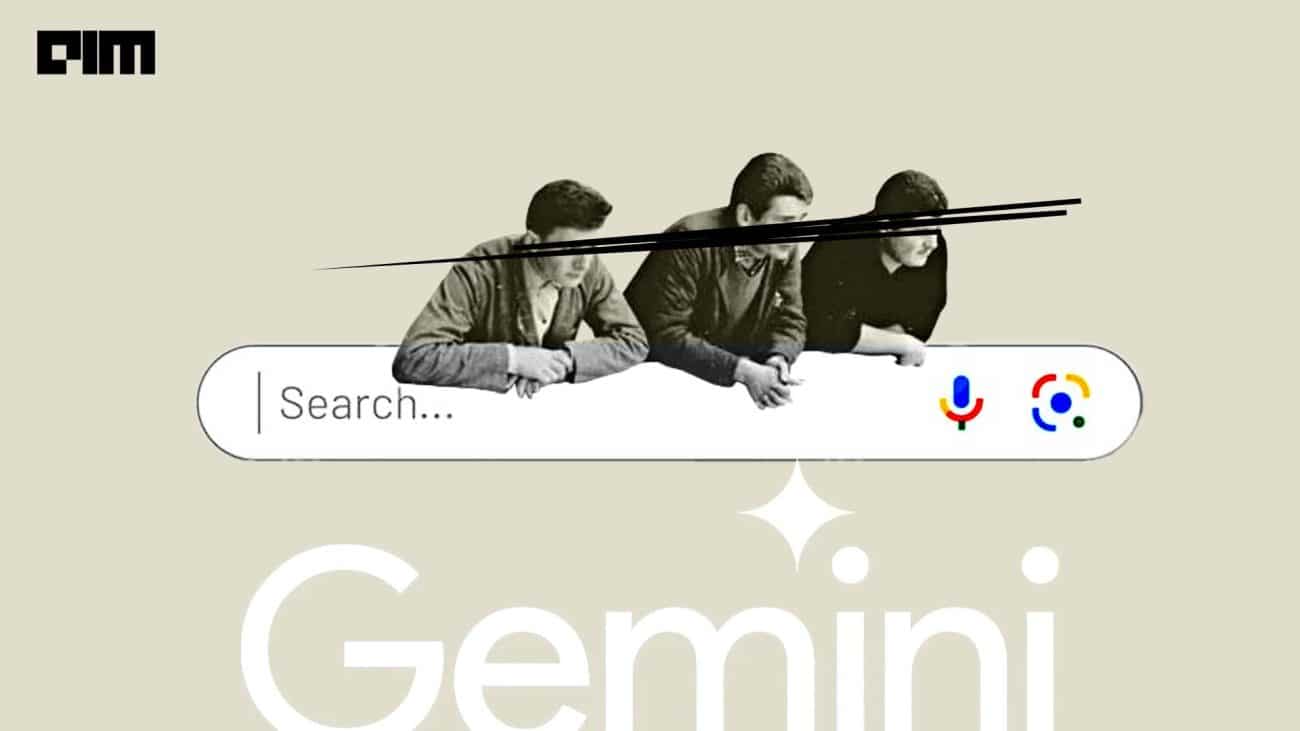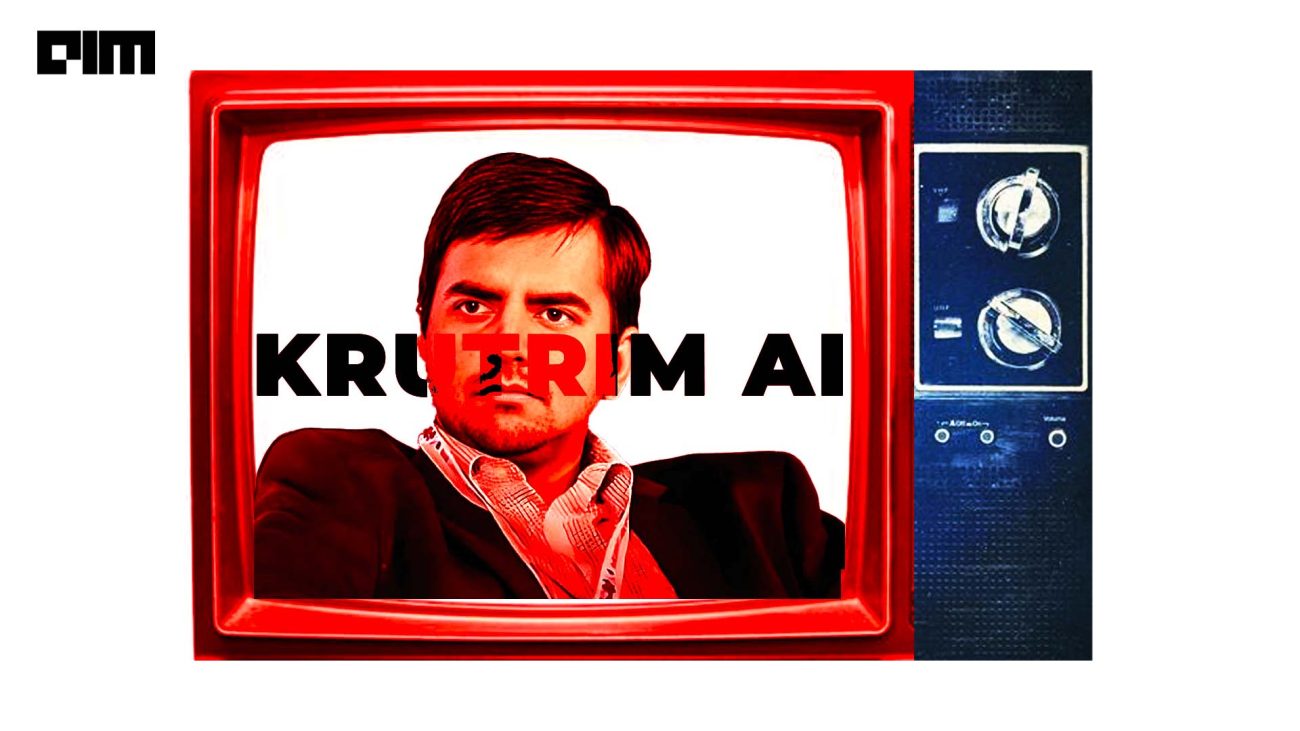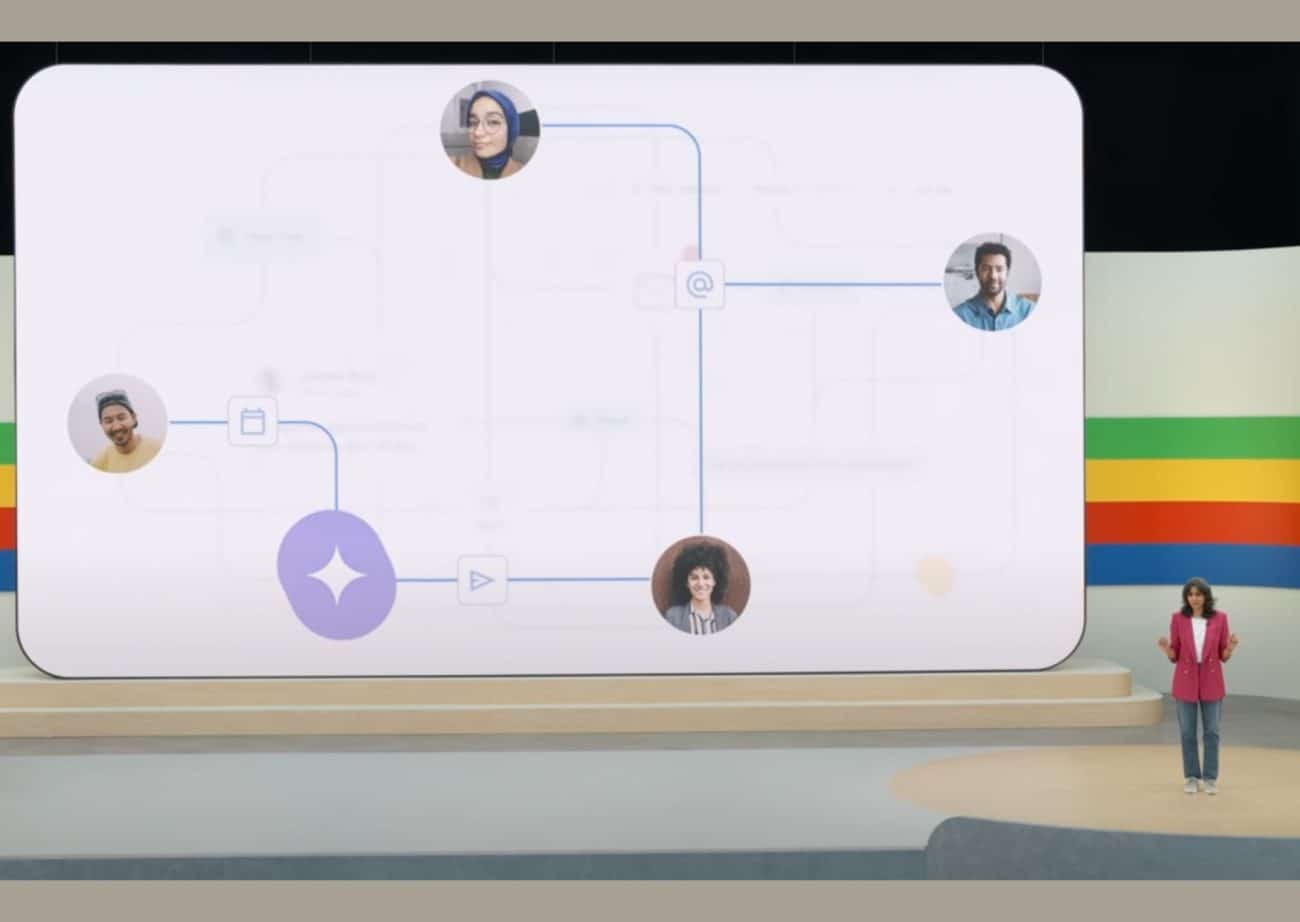|
Listen to this story
|
Today, Google celebrated its 25th birthday, with CEO Sundar Pichai posting an emotional memo titled ‘Questions, shrugs and what comes next: A quarter century of change’. Google, over the years, has become one of the most popular search engines, so much so that it’s synonymous with web browsing.
The tech giant just didn’t stop at Search and created various services and products like Chrome, Gmail, Android and others. Today, Google has about 4.3 billion users. However, along with many triumphs, Google also has experienced its fair share of setbacks.
What went wrong in the past?
Google Glass
Google launched its smart glass in 2013. It was a wearable technology created by Google that looked like a regular pair of glasses. But on a closer look, the device included a small transparent display on the right side of the frame that contained a variety of information, including text messages, emails, weather forecasts, and directions. However, due to its high price point, it wasn’t received well among the masses and earlier this year, Google announced that it will stop selling the product
Google Stadia
In 2019, Google entered cloud gaming with Stadia. However, the cloud-gaming service faced multiple challenges, including a limited game library, technical issues, and competition from established gaming platforms such Sony Playstation and Microsoft XBox. In September 2022, Google announced that it would be shutting down its in-house game development studios for Stadia.
Google+
Launched in 2011, Google+ was Google’s fourth attempt at social media. It couldn’t provide anything new and exciting enough to become more popular than other social networks. The platform suffered from low usage and engagement due to convoluted sign-up processes and bundling with Gmail accounts. After a data breach was discovered in 2018, Google announced the shutdown of the platform the next year.
Project Maven
In 2018, a large number of Google employees staged protests against a Pentagon contract known as Project Maven. This contract involved the use of Google’s AI technology to analyse drone surveillance footage. Google responded by stating it wouldn’t renew the contract and introduced principles to guide future AI projects.
Nexus Q
In 2012, Google introduced the Nexus Q, which was a digital media player built on the Android platform. It linked Google Play Music, YouTube, and Google Play Movies and TV to users’ home entertainment systems. It was met with criticism for its high price and limited functionality. The product was delayed and eventually cancelled before it could be officially released.
Ads on Search
Lately, several users have had negative feedback about the search quality of Google, largely pertaining to ads or sponsored websites, which are not even relevant to the user’s query and are often misleading.
Google Books
Google Books, launched in 2004, aimed to create a digital library and make books searchable online. However, this ambitious project soon got engulfed into controversy and a case was filed against Google charging it with copyright infringement. Even though Google emerged victorious from a decade-long legal battle in 2017, The Atlantic reported that the company has drastically scaled back its scanning operation.
According to a dated report by Wired, the project involved only a handful of Google employees, and while new books were still being scanned, the pace had considerably slowed down.
What can go wrong in the future?
In the tech domain, the conversation has now shifted towards generative AI with OpenAI’s ChatGPT leading it. In May, Google announced that it is exploring ways to integrate this hot-new technology into its much-loved search engine. However, the idea of having generative AI on the search bar of Google raises many questions and apprehensions. Is this going to be yet another mistake?
As of now, no one comes close to Google in web search and the tech giant can keep its search function GenAI-free without complicating it much. That being said, it is still in the exploratory phase right now and it would be interesting to monitor how it plays out. As compared to ChatGPT, Bard hasn’t been able to make an impression on the users. In April, reports suggested that Bard would frequently give users dangerous advice and make factual errors.
Google’s most-awaited foundation model is expected to be launched this fall under Project Gemini. However, it appears to be late to the party. Apart from the claims that Gemini is going to be multimodal, there is very little information about how exactly Google plans to surpass GPT-4 in terms of capabilities. Furthermore, at this point, no one cares if Gemini is going to perform better than GPT-4 or not — all they want is an accessible API, instead of a locked-out model like Bard or ChatGPT.
Google’s unsuccessful projects often attempted to emulate established competitors. For example, Google Books aimed to challenge Amazon’s online bookstore and Kindle, while Google Stadia sought to compete with well-established gaming giants like Xbox and Sony Playstation. Similarly, Nexus Q faced competition from established players like Xbox 360 and Apple TV. The same thing is playing out with Bard and Gemini, where Google is trying to imitate OpenAI’s success and trying to catch up. Only time will tell what fate these projects hold.
































